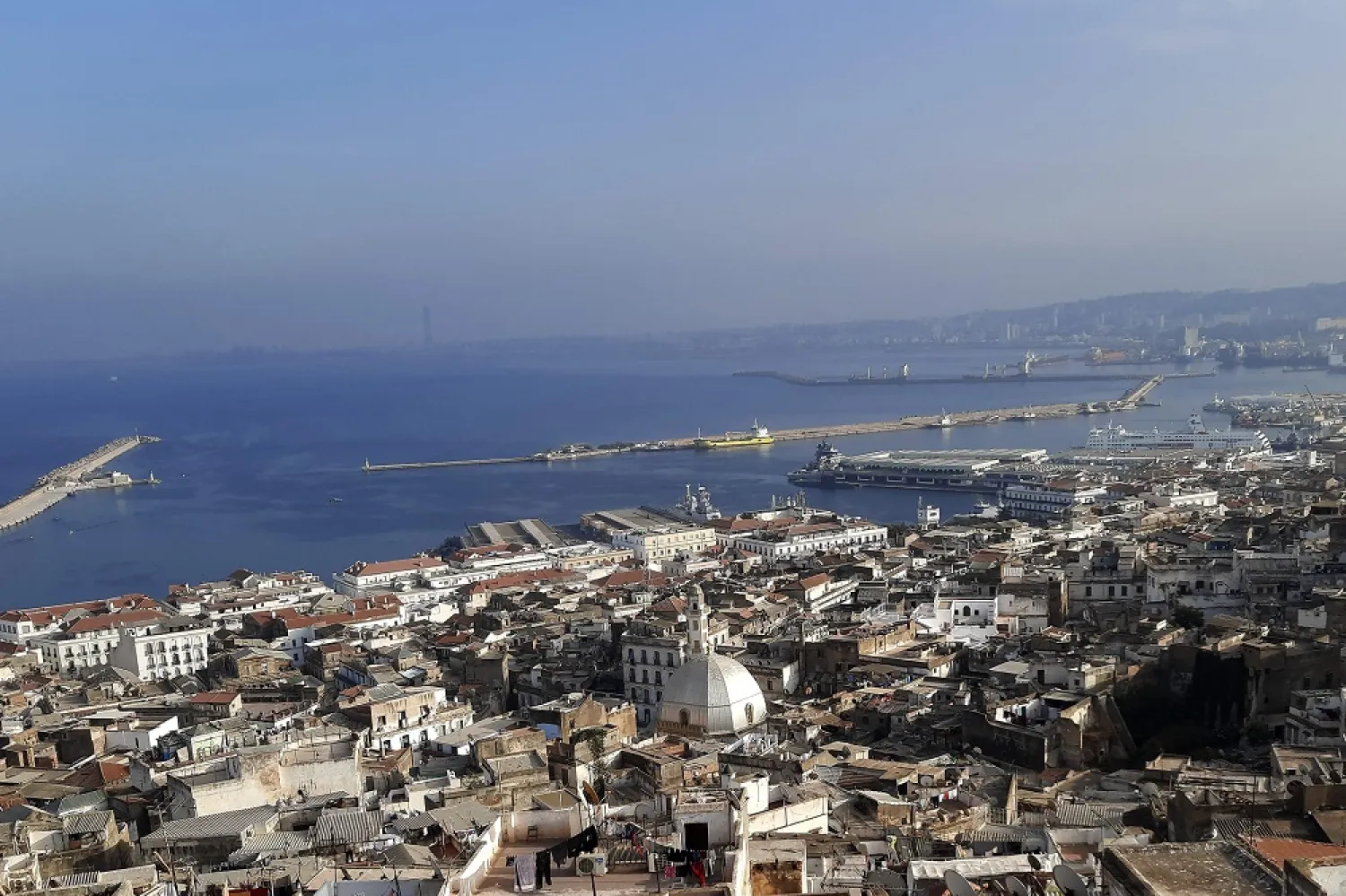A prominent Algerian journalist is behind bars and the offices of his website and radio station were shut down based on accusations that they threaten state security, according to a defense lawyer.
Ihsane El-Kadi was detained Dec. 23 at his home and held in a police facility until Thursday, when he appeared in an Algiers court. An investigating judge ordered him kept in custody, according to Zoubida Assoul, a lawyer who is part of a collective that is defending the journalist.
El-Kadi, who was active in Algeria's Hirak pro-democracy protest movement in 2019, appears to be the latest target of an encroaching crackdown on dissenting voices in the North African country.
The case against him is linked to the crowdfunding used to finance his media outlets, Maghreb Emergent and Webradio, Assoul said. The website and radio station operated in Algeria for years but did not have government recognition as official media organizations.
El-Kadi is accused of violating an article in the criminal code targeting anyone who receives funds aimed at “inciting acts susceptible to threaten state security,” stability or Algeria’s fundamental interests, the lawyer said. If convicted, he could face five to seven years in prison.
His supporters view El-Kadi's arrest as punishment for articles that angered Algerian authorities.
His outlets were seen by many as outposts of free debate in Algerian media that provided journalists and opposition politicians a platform to point out contradictions or shortfalls in the government's policies.
Police questioned El-Kadi in the past then released him. the past then released. His family and friends expected that to happen again Thursday, but instead were disappointed and indignant at the decision to hold him.
“Algeria is sliding dangerously into an Orwellian universe,” Madjid Madhi, who is also a journalist, said.
Algerians expressed dismay online, including some who said they disagreed with El-Kadi's views.









